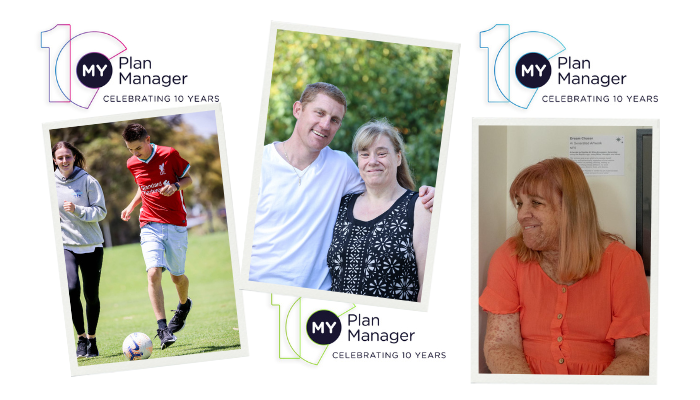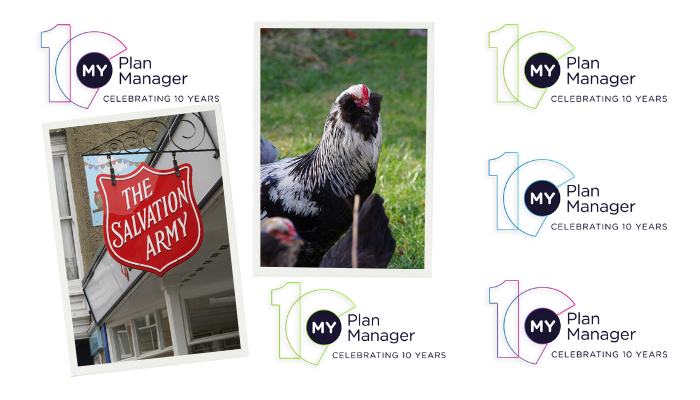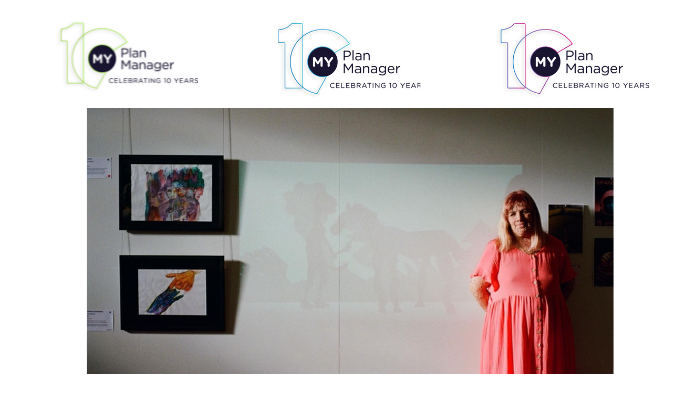
Fees. Annoying? Yes. Essential? Sometimes!
In the National Disability Insurance Scheme (NDIS), fees are extra charges providers can pass on to participants when providing supports and services.
While very few people will enjoy chunks of their funding being eaten by fees, they're often essential for providers to charge so they can maintain business operations and service the disability community.
Amongst all those numbers and codes on your invoices, how can you tell which fees are legitimate and which aren't?
As a starting point, check this list of the top five ‘extra’ fees that can be charged by operators in the Scheme.
An establishment fee is a once-off cost providers can charge you if they’re going to deliver more than 20 hours of personal care or community participation support to you each month – and if they’re going to support you for three or more consecutive months.
They can only claim the fee once, so keep that in mind.
Providers can charge you for the things they do when you’re not around – things that make sure you can participate in group or centre-based supports.
Examples of the ‘non-face-to-face’ tasks that can attract a fee in the NDIS include:
NDIS providers are responsible for the costs associated with their own administration (e.g. invoicing), and for training, upskilling and supervising their staff. That means you can’t be invoiced for these activities.
A capital centre fee helps providers meet the costs of running and maintaining their physical premises.
The fee can be charged at a per participant/per hour rate if high intensity daily personal activities, specialised supported employment, or group and centre-based activities are funded through your Assistance with Social, Economic and Community Participation budget – and if those supports are delivered to you at the provider’s premises.
If supports are delivered onsite as well as in the community – but the premises are always available during the period of support delivery – providers can still claim the full centre capital fee from your funding.
Your NDIS budget can be charged for the cost of travel when a provider spends time accompanying you out in the community, travels to you, or has to pay travel costs such as parking fees or tolls.
The National Disability Insurance Agency (NDIA) doesn’t determine how much providers can charge for travel – and that means that if your provider makes you aware of their fees and you consent to them, they can charge you any amount (once agreed).
The NDIS Pricing Arrangements and Price Limits separates the labour and non-labour costs associated with provider travel – with labour costs covering the time spent travelling to/with a participant, and non-labour costs addressing expenses like road tolls, parking fees, and the costs of running a vehicle.
If a provider travels to you (e.g. for at-home therapy) and charges the maximum hourly rate allowed, adding travel to the price of your session means costs can quickly add up. That’s why it’s good to consider local providers try negotiating a reduction or elimination of travel charges.
Always request a quote before committing to services and be sure to ask about travel costs.
Cancellation fees are common in the NDIS, and there are specific rules about what participants can and can’t be charged. Before you engage a provider, check their terms and conditions for information about how they handle cancellations.
Providers of disability support worker-related supports can charge 100 per cent of the service fee for cancellations if they’re not made at least seven clear days prior to the scheduled start time of the agreed support.
For supports that are not disability support worker-related (like therapy), participants need to provide two clear business days’ notice of a cancellation.
Importantly, providers can only apply a cancellation fee if they can’t fill your appointment with another client, or if they can’t divert their staff member to another job. You also can’t be invoiced for costs that weren’t incurred, like travel costs.
Good communication between you and your provider is key.
Check out our participant’s guide to cancellations for more information.
Fees are intended to recover financial costs to a provider, and they need to meet the requirements of the NDIA.
If you’re ever unsure of what a charge is for, always check with your provider in the first instance – and if you believe you’ve been incorrectly charged, just let them know.
Below are some activities and costs the NDIA says providers can’t charge you for:
You also can’t be charged an exit fee when you leave a provider’s service – but if you end a service agreement early, you may be charged a cancellation fee (depending on the terms set out in the agreement).
For more information about NDIS fees and charges, give us a call on 1800 861 272 from 8am-6pm (SA time), Monday to Friday.
3 September 2024


